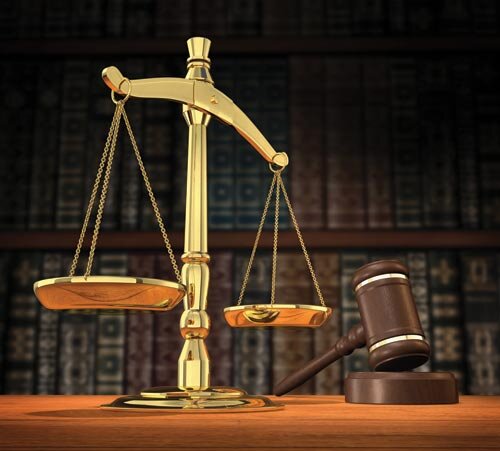Best Asylum Lawyers in Kampala
Share your needs with us, get contacted by law firms.
Free. Takes 2 min.
List of the best lawyers in Kampala, Uganda
About Asylum Law in Kampala, Uganda
Asylum in Kampala, Uganda, falls under the national scope of the Refugee Act 2006. This provides the legal framework for asylum seekers and refugees. The act grants asylum seekers the right to seek refuge, reside in Uganda, and access basic social services while they await the determination of their refugee status. The Office of the Prime Minister (OPM) and the United Nations High Commissioner for Refugees (UNHCR) oversee the management and safeguarding of rights of asylum seekers in Kampala, Uganda.
Why You May Need a Lawyer
Understanding the vast and potentially complicated legal terrain of asylum law in Kampala, Uganda, can be challenging, especially for foreign nationals. Hiring a lawyer can help simplify the process, as they understand the legal procedure involved, the required documentation, and how to navigate potential legal roadblocks. Additionally, they can represent your interests during immigration proceedings, ensuring your right to asylum is upheld.
Local Laws Overview
The Penalties for any failure to adhere to the requirement of the Refugee Act 2006 can be severe in Uganda. Asylum seekers are obliged to live in designated refugee settlements unless they are issued with a permit by the OPM excusing them from this requirement. They also have an obligation to abide by Ugandan laws and must comply with the local customs and traditions of the host community. Minor violations can result in fines while major violations like violence or criminal acts may result in deportation.
Frequently Asked Questions
What are the main eligibility criteria for asylum seekers?
Asylum seekers must prove that they have a genuine fear of persecution or serious harm in their home country to meet the refugee definition in Uganda. Persecution or harm must be linked to race, religion, nationality, political opinion or membership of a particular social group.
What is the asylum application process?
Asylum seekers are required to register at the nearest police station or refugee reception center within 30 days of arrival in Uganda. Following that, they need to fill out an application form and attend an individual interview with the Eligibility Committee.
What services can asylum seekers access in Kampala?
Asylum seekers in Kampala can access education, healthcare, legal advice, and employment. However, access to these services also depends on the availability of resources in the area.
Can asylum seekers in Kampala work?
Although Uganda has progressive asylum laws, the right to work for asylum seekers is regulated and requires permissions. It is advised to consult a legal expert to understand the working rights for asylum seekers.
What is the duration of the asylum process?
It normally takes six months to a year for an asylum application to be processed in Uganda, but the process may take longer due to administrative and logistical delays.
Additional Resources
The OPM's Refugee Department and UNHCR are the key organizations working on asylum issues in Uganda. They provide services ranging from immigration assistance to legal advice for asylum seekers. Additionally, several NGOs operate in Uganda to provide a variety of services to asylum seekers and refugees.
Next Steps
If you require legal assistance in asylum matters in Kampala, Uganda, it is advisable to consult with a legal expert immediately. These professionals can guide you on the most suitable course of action, provide clarification on the legal requirements, and represent your interests during the asylum seeking process.
Lawzana helps you find the best lawyers and law firms in Kampala through a curated and pre-screened list of qualified legal professionals. Our platform offers rankings and detailed profiles of attorneys and law firms, allowing you to compare based on practice areas, including Asylum, experience, and client feedback.
Each profile includes a description of the firm's areas of practice, client reviews, team members and partners, year of establishment, spoken languages, office locations, contact information, social media presence, and any published articles or resources. Most firms on our platform speak English and are experienced in both local and international legal matters.
Get a quote from top-rated law firms in Kampala, Uganda — quickly, securely, and without unnecessary hassle.
Disclaimer:
The information provided on this page is for general informational purposes only and does not constitute legal advice. While we strive to ensure the accuracy and relevance of the content, legal information may change over time, and interpretations of the law can vary. You should always consult with a qualified legal professional for advice specific to your situation.
We disclaim all liability for actions taken or not taken based on the content of this page. If you believe any information is incorrect or outdated, please contact us, and we will review and update it where appropriate.















